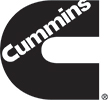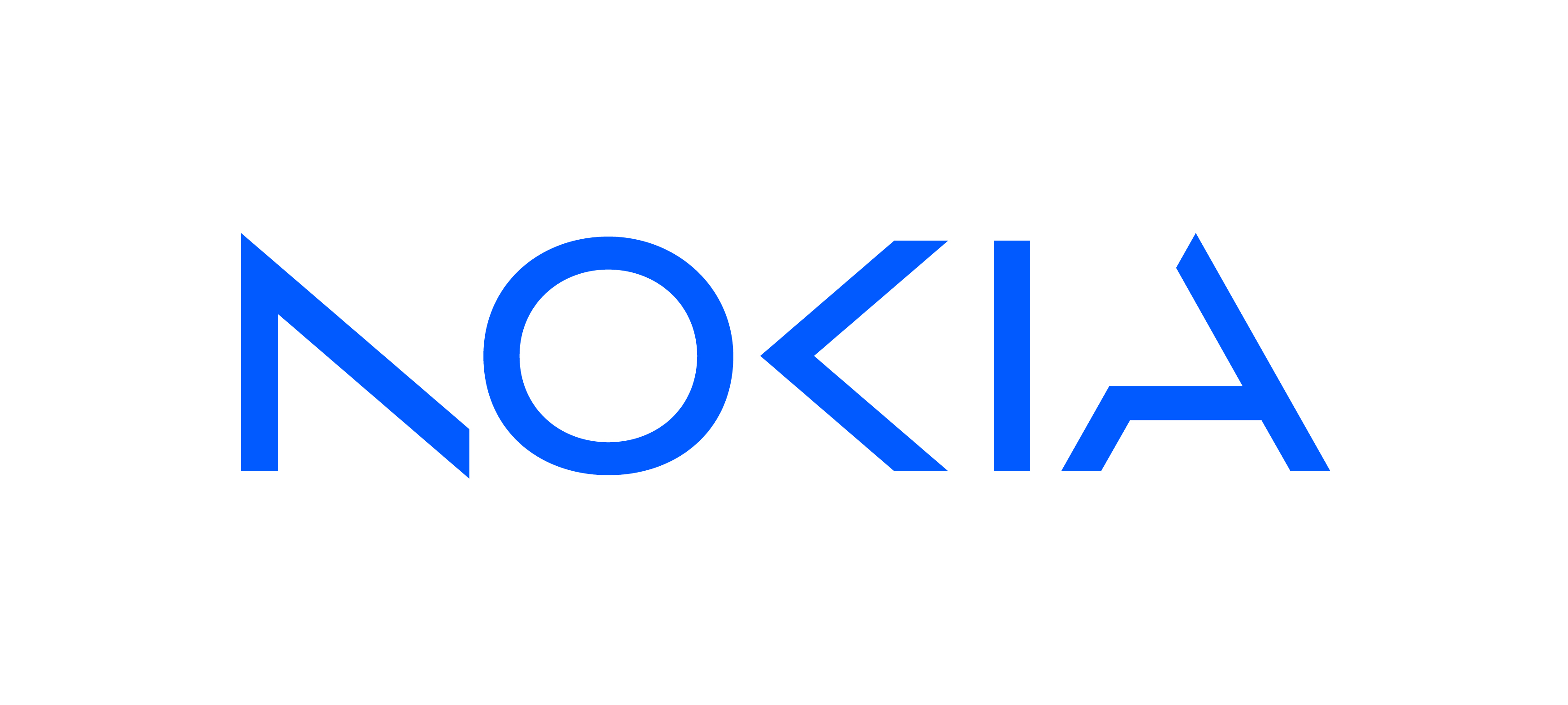On 16 September 2011, US President Barack Obama signed the America Invents Act (AIA) into law and instituted the furthest reaching changes to US Intellectual Property Law in approximately 60 years. Despite ostensibly key provisions directed to global harmonisation, the new US legislation will affect IP strategies of global firms which have an eye toward the US market. The key provision of the AIA which reflects a shift to global harmonisation is, of course, the well publicised migration of US IP law to a first-inventor-to-file system. Pre¬viously, the US had been the sole system based on a first-to-invent system. However, beyond this well publicised and fundamental shift are a number of additional key provisions – provisions that will impact the building and enforcement of a strong IP portfolio in the US marketplace. The new legislation will present enhanced opportunity for strategic development and enforcement of IP rights in the US if fully understood and exploited.
Publications

Total Documents: 253
 The UK Intellectual Property Office and Ipsum
The UK Intellectual Property Office and Ipsum
Following the Hargreaves Review, a number of public consultations have been set up and various publications have been issued by the UK Intellectual Property Office (IPO) in 2011. The IP Federation has provided comments where appropriate.


































